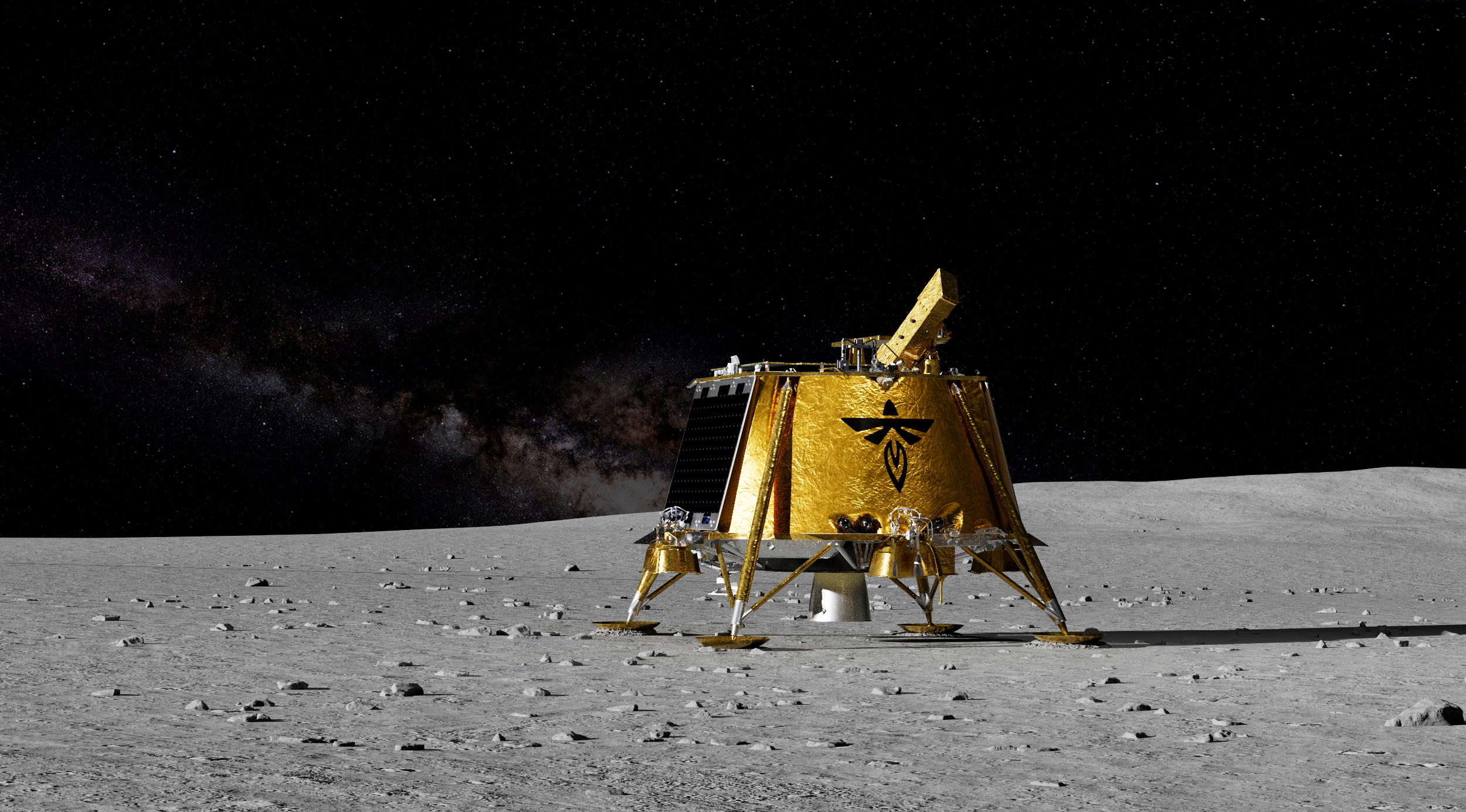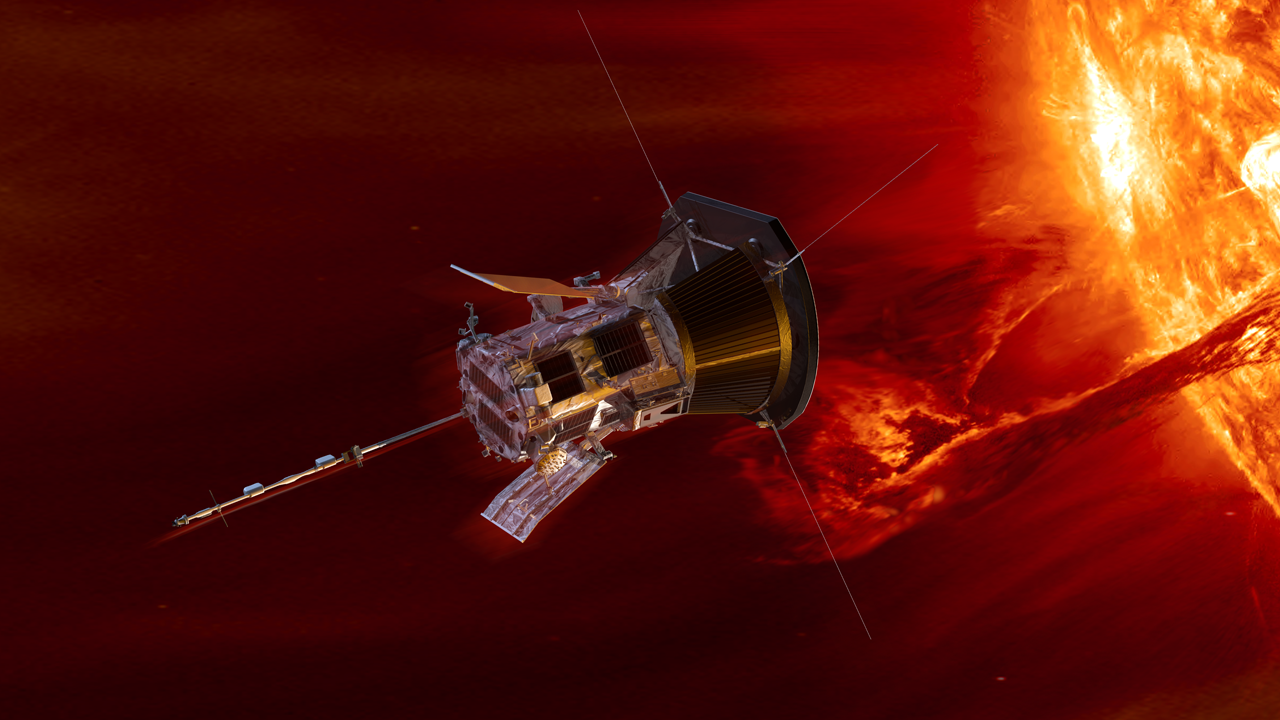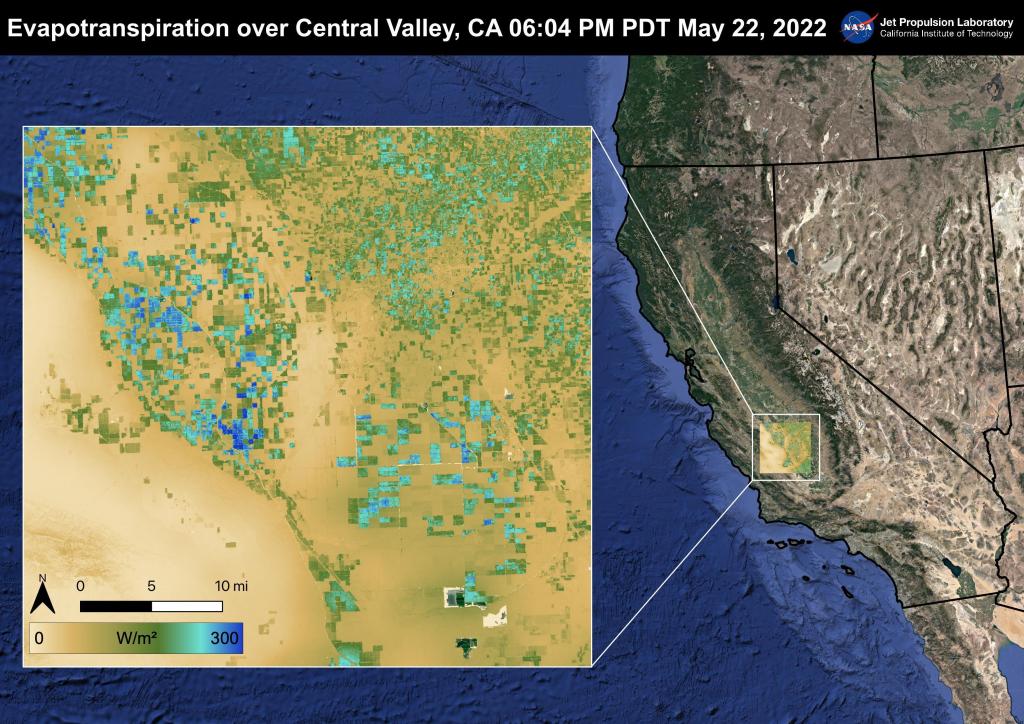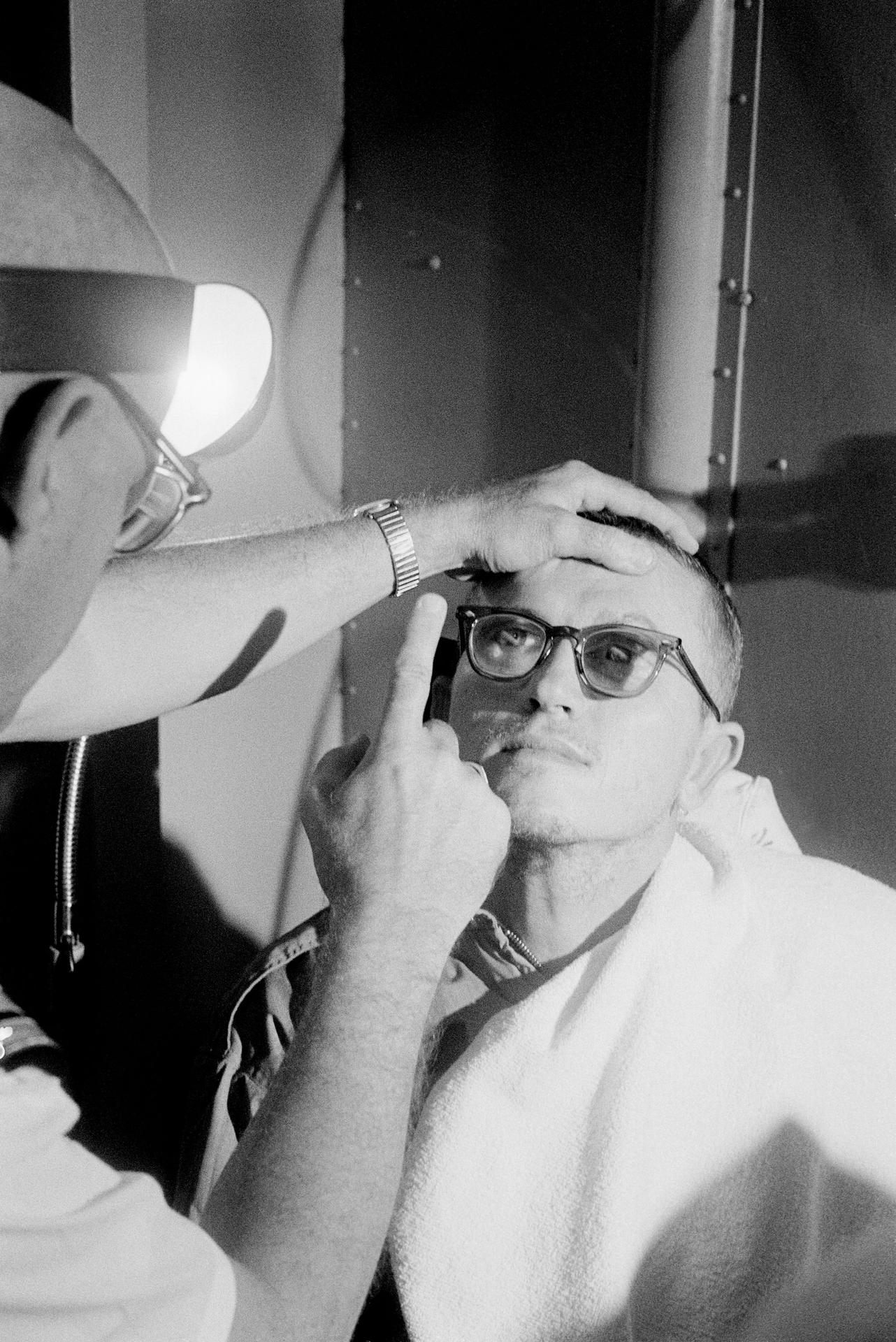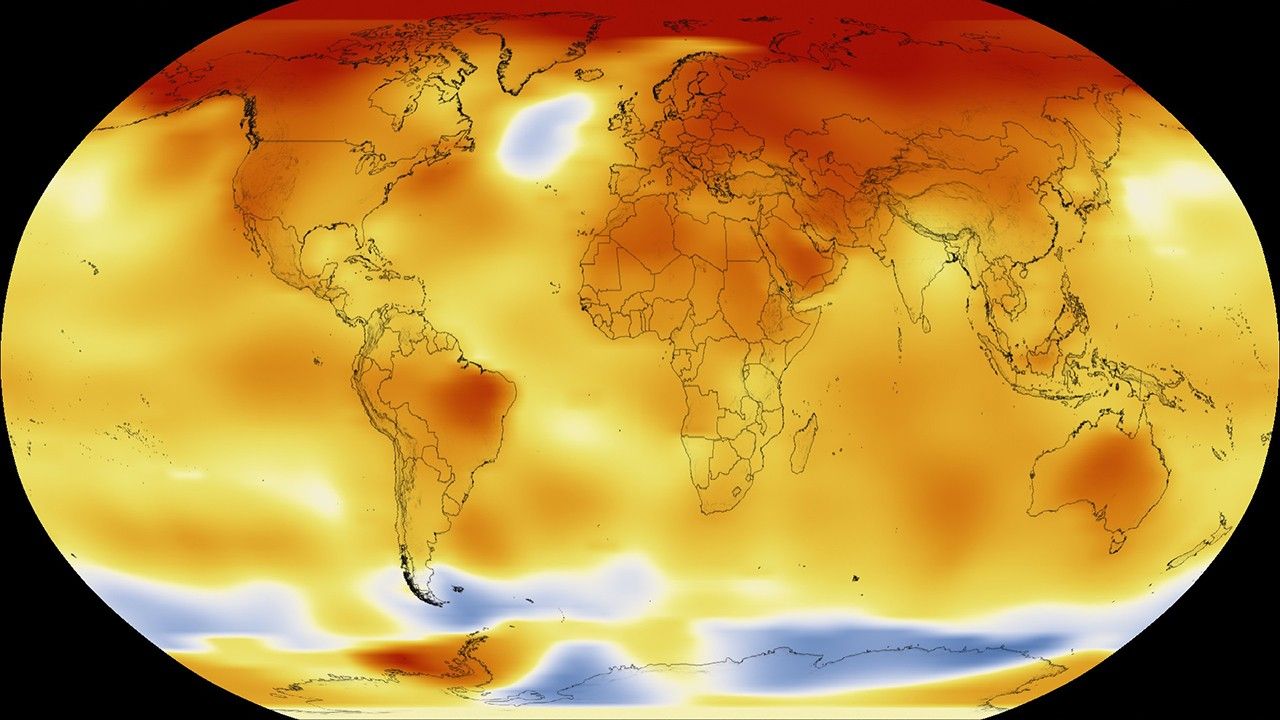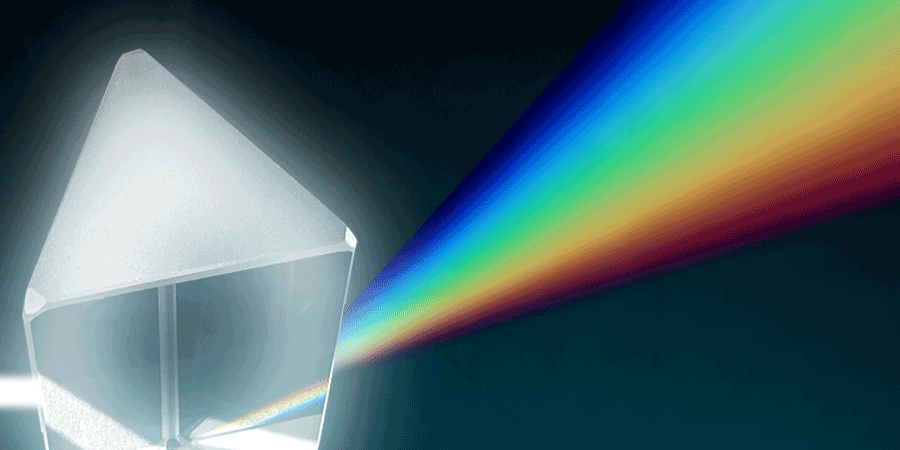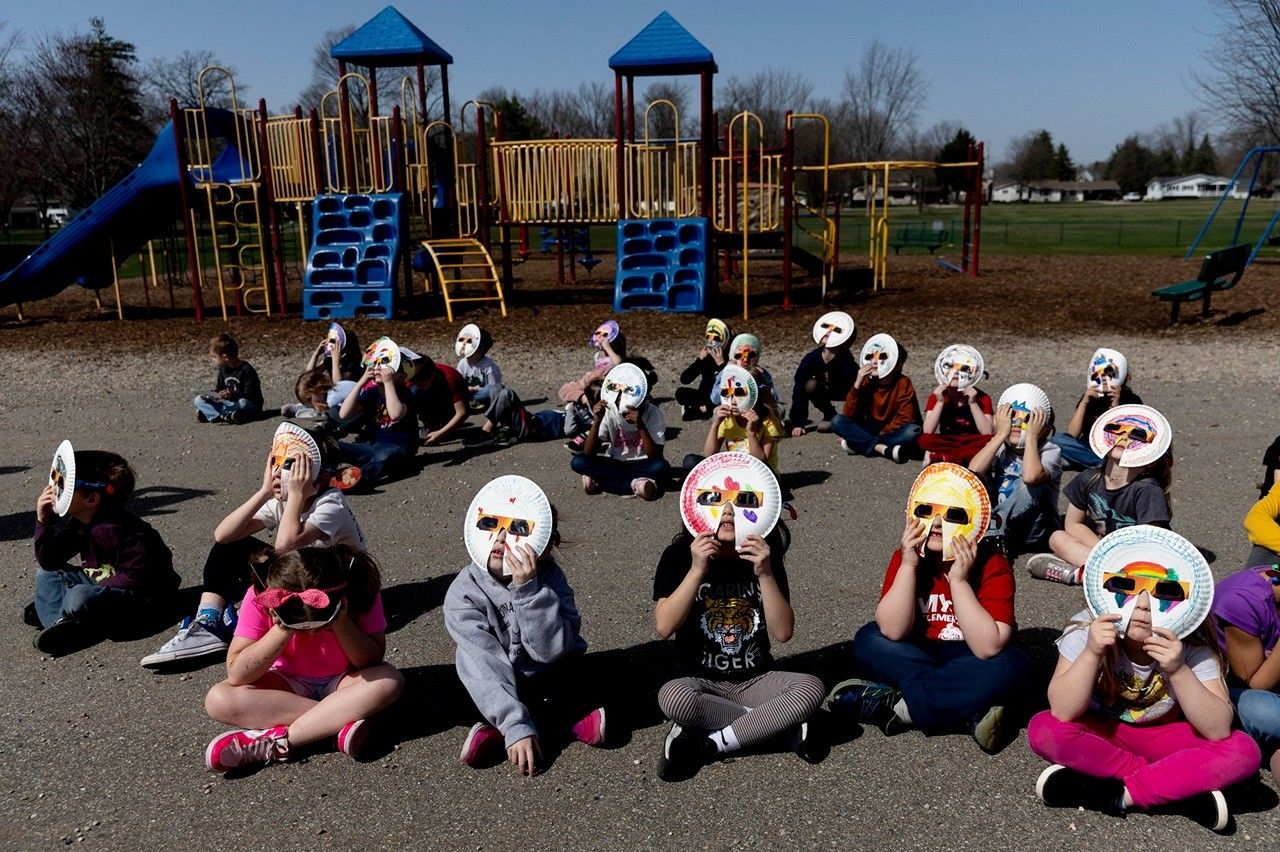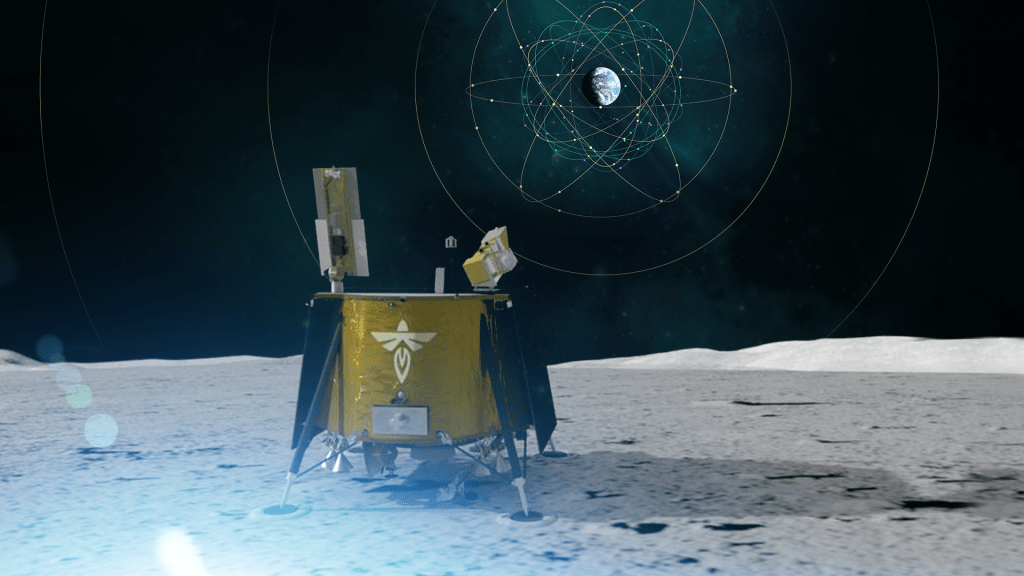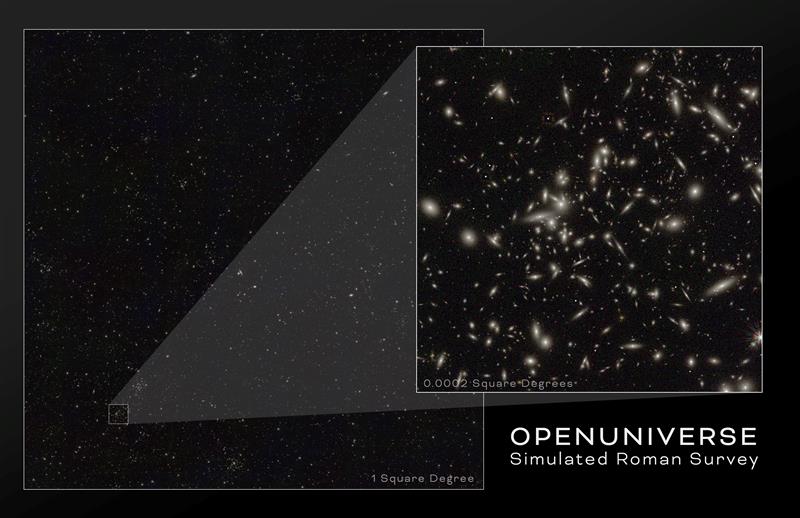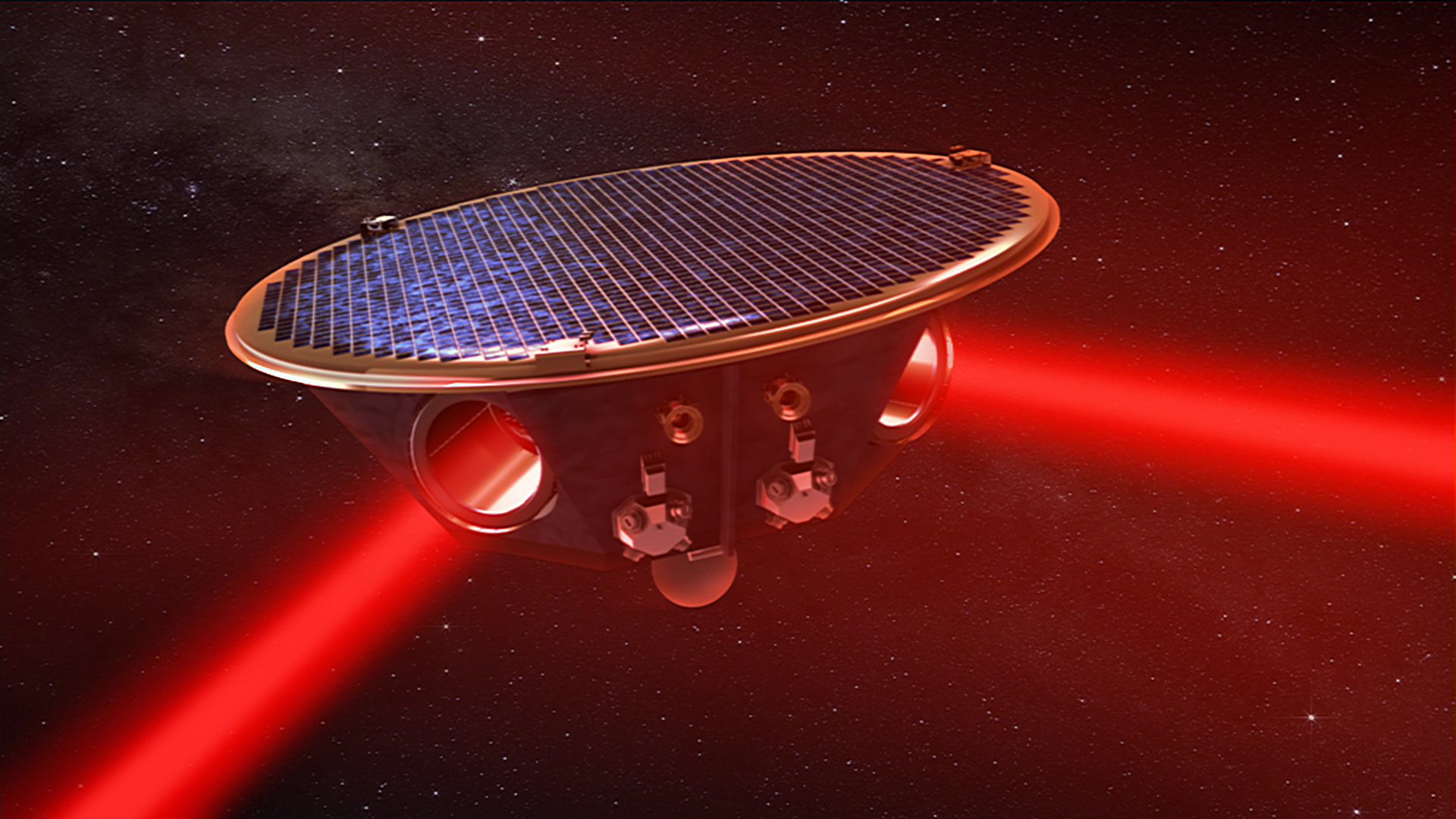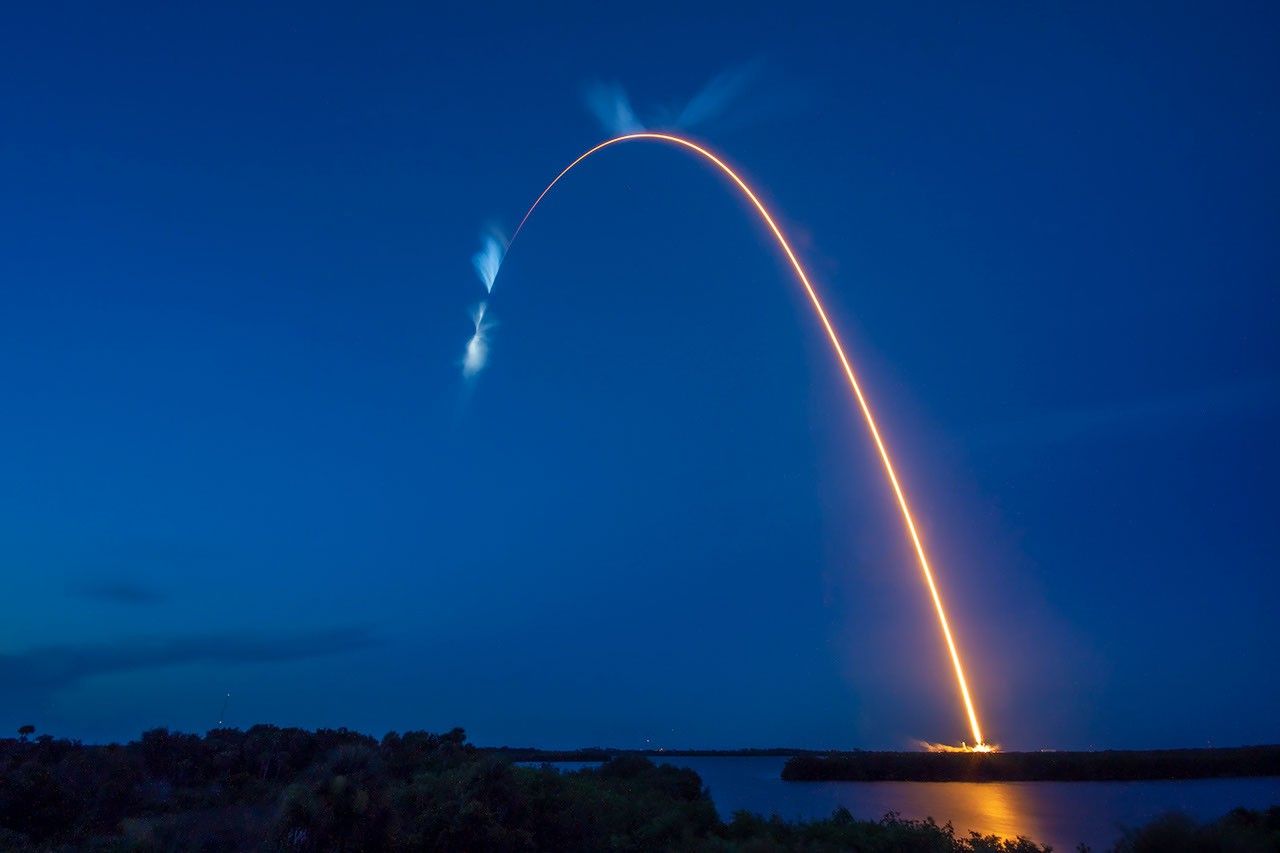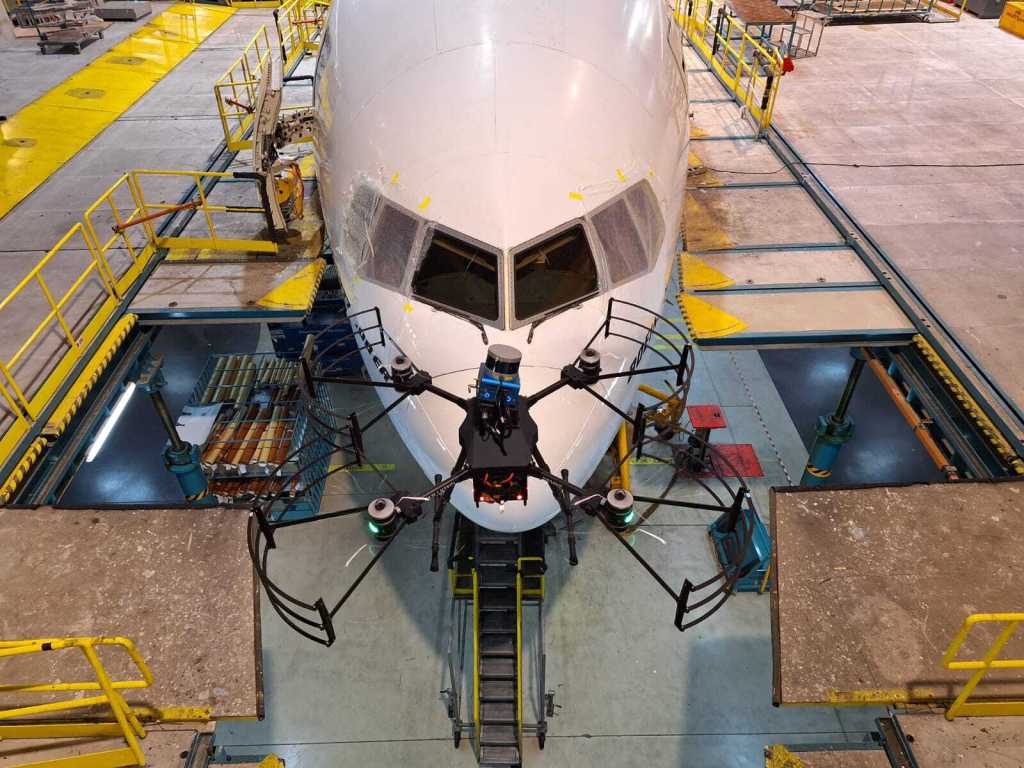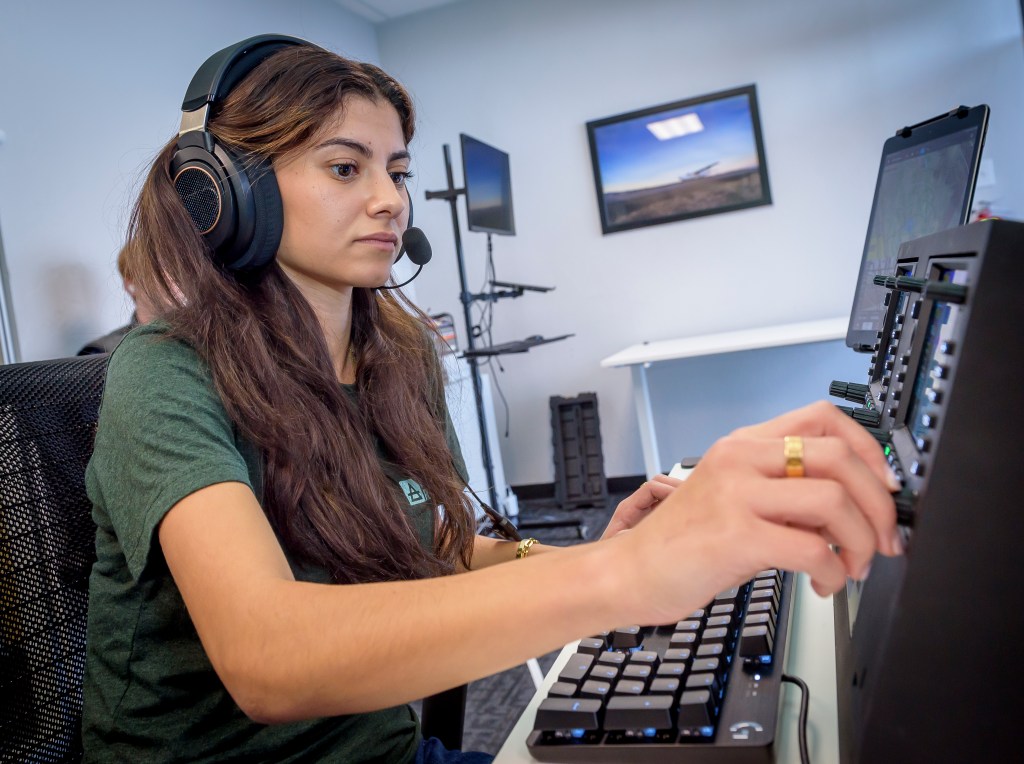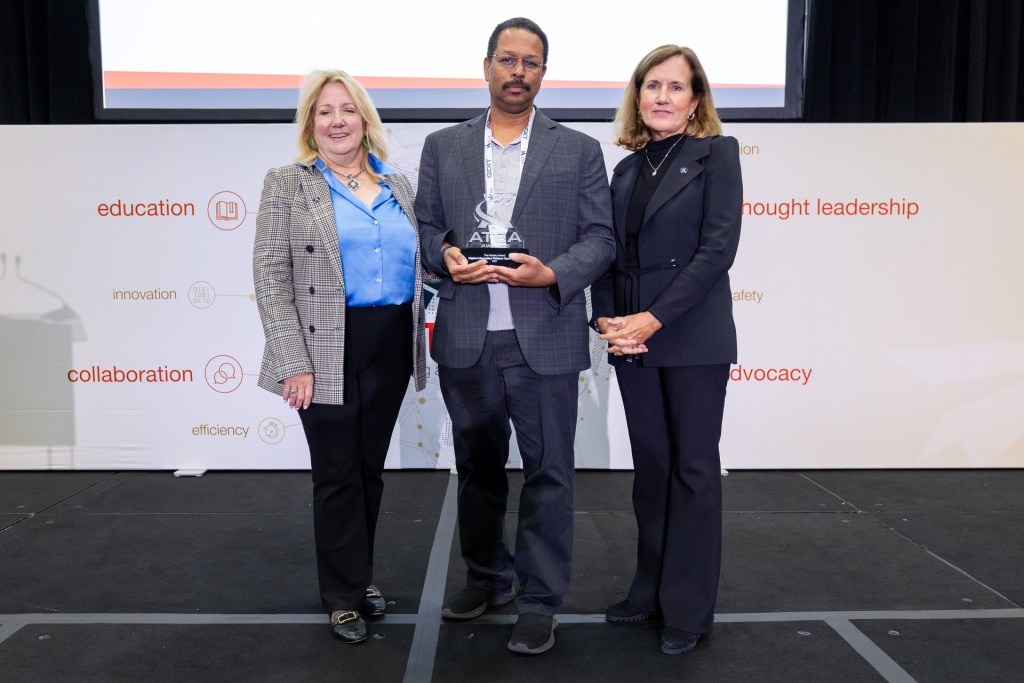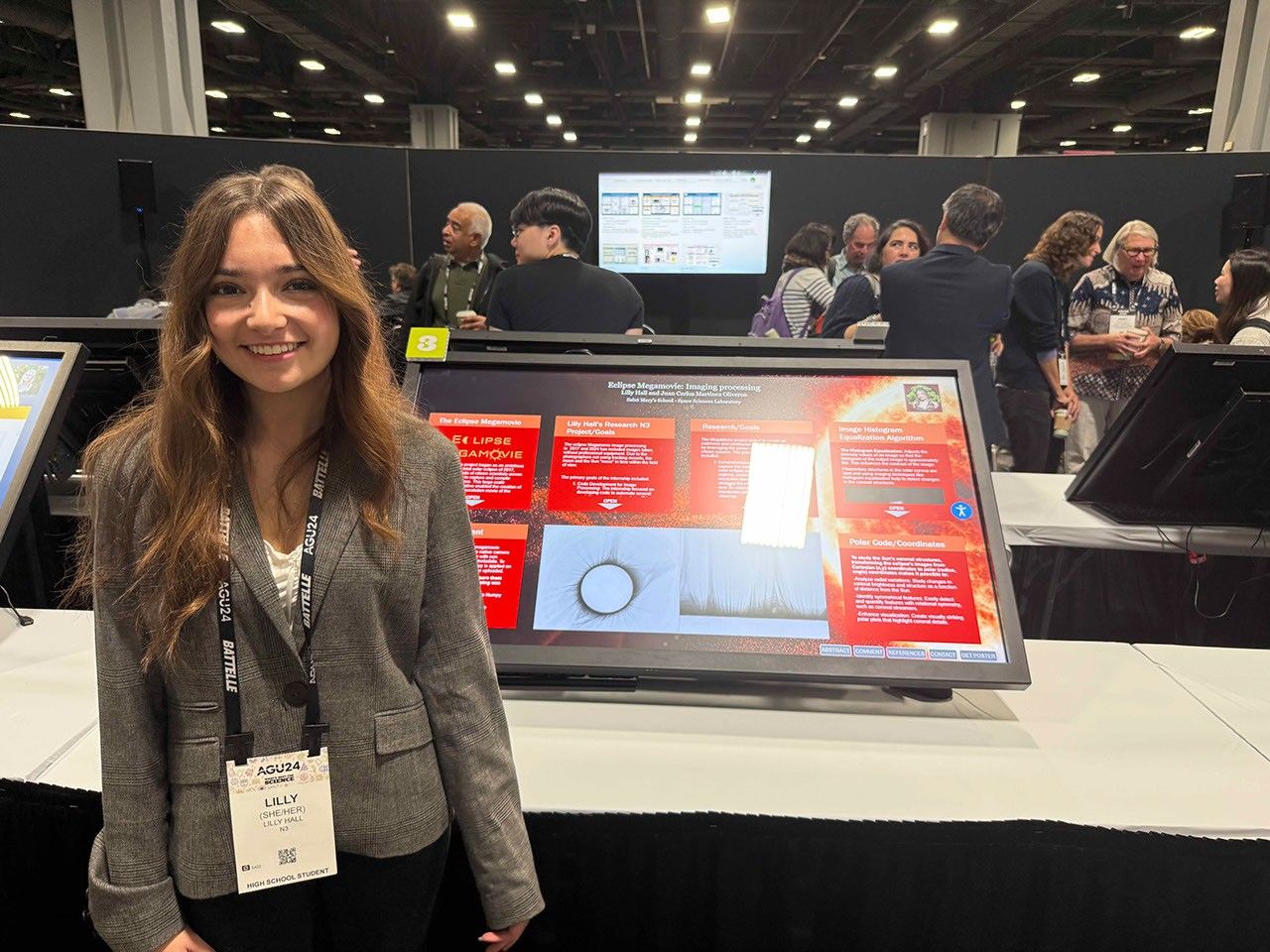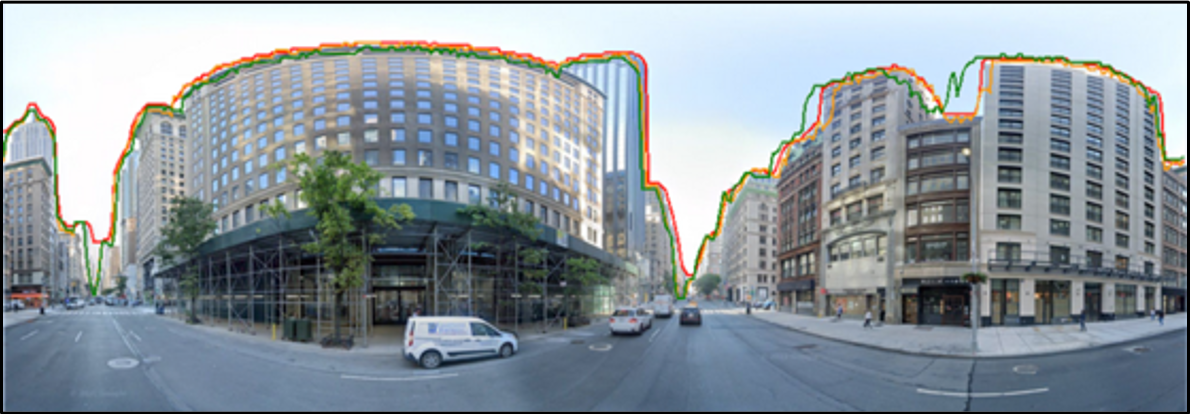Brian Hou
University of Washington
Robotic manipulation has wide applications both on Earth and in space. Dexterous manipulators have been carefully designed to assist astronauts with dangerous and time-consuming tasks. Nonprehensile manipulation considers other forms of manipulation besides dexterous manipulation, greatly expanding the number of actions that robots can perform.
Planning for nonprehensile motions is particularly interesting because such algorithms can even be deployed on robots that were not designed specifically to perform manipulation tasks. This can endow planetary rovers, such as the KRex rover testbed at NASA Ames, with actions such as pushing and toppling that allow them to actively interact with their environment, in addition to passively exploring it. These interactions could someday be used to prepare for a crew’s arrival by clearing rocks or filling holes from a potential base site on the moon or Mars. When planning for these nonprehensile manipulation tasks, robots must be robust to different sources of uncertainty. The initial pose estimate of the object being manipulated will be noisy and the result of taking an action will not be known exactly. Incorporating sensor feedback would enable robots to reliably perform tasks despite this uncertainty. Developing planning algorithms that incorporate sensor feedback to produce efficient and robust nonprehensile motions under uncertainty is the main focus of this proposal.


